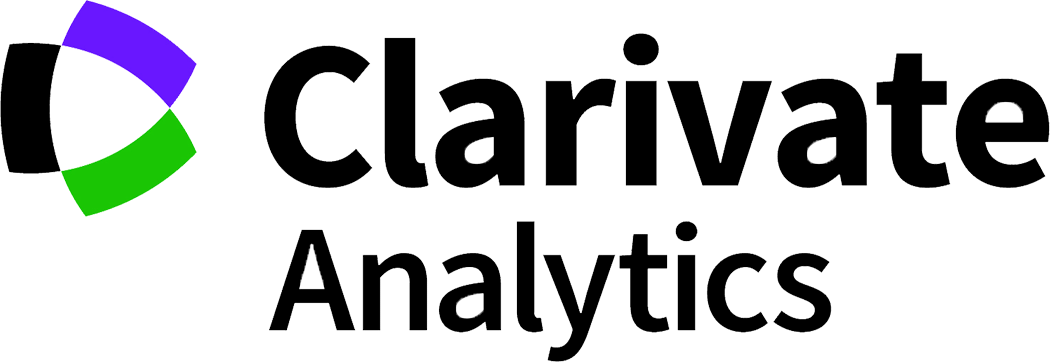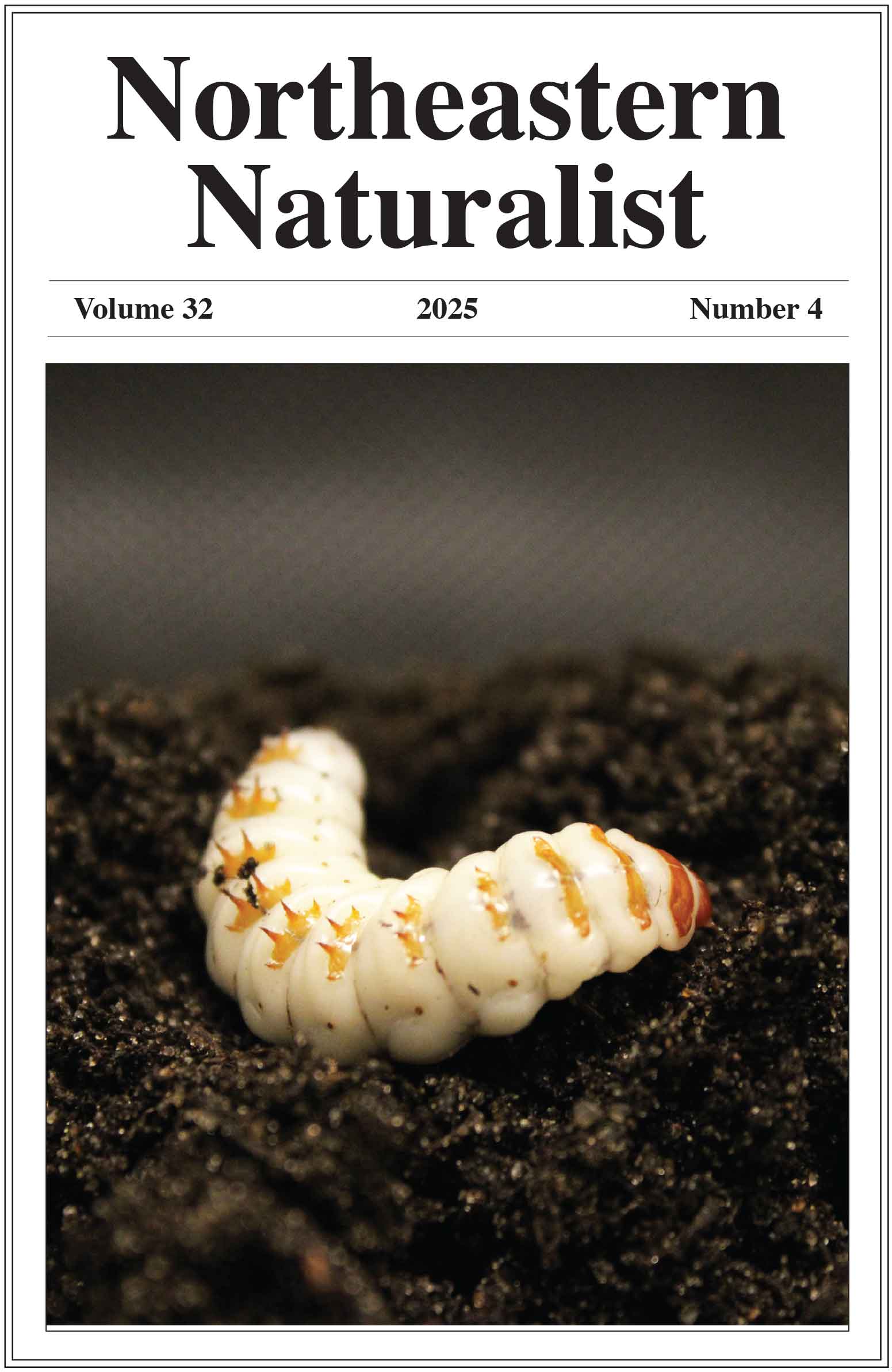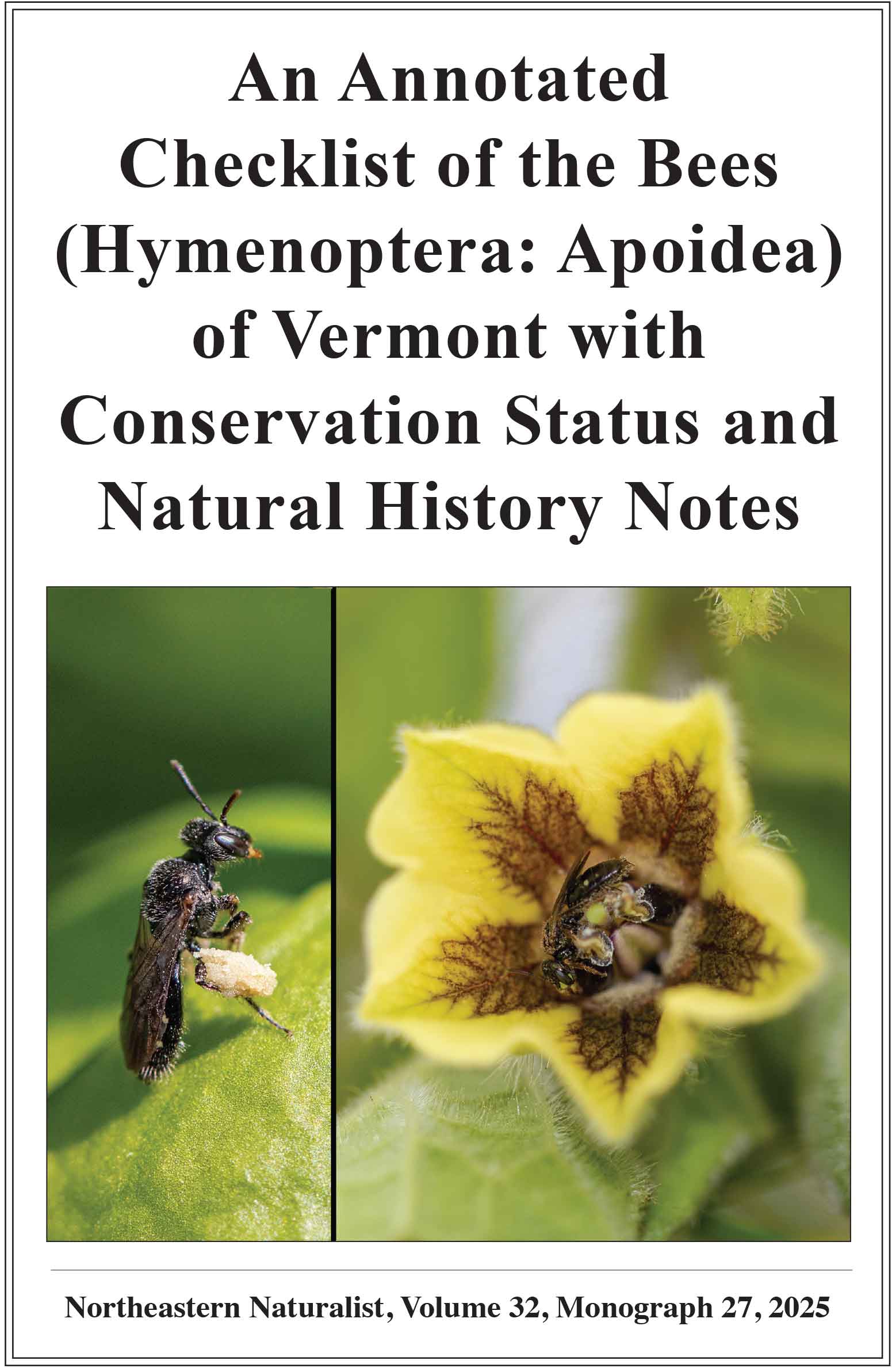An Examination of Shallow-water Hydroids (Cnidaria, Hydrozoa, Hydroidolina) in Cape Breton, Nova Scotia, Using Morphology and DNA Barcoding
Matthew S.A. Penney1,2,* and Timothy A. Rawlings1
1Department of Biology, Cape Breton University, 1250 Grand Lake Road, Sydney, NS B1P 6L2, Canada. 2Department of Biology, Acadia University, 15 Horton Avenue, Wolfville, NS B4P 2R6, Canada. *Corresponding author.
Northeastern Naturalist, Volume 28, Monograph 18 (2021): 1–38
Abstract
Hydroids are common constituents of marine environments, both as benthic polyps and planktonic hydromedusae. Despite the volume of hydroid research focused on the northwest Atlantic, the only comprehensive examinations of hydroids from Cape Breton Island were published by Charles McLean Fraser in 1913 and 1927. In this study, we re-examined the shallow-water hydroid community of Cape Breton. We collected hydroids from 19 sites between July 2016 and June 2017 spanning intertidal and shallow subtidal habitats. We sorted specimens into individual taxa based on morphology and then preserved them for further morphological and molecular analyses. We amplified the 16SrRNA barcoding gene for select specimens and used BLAST searches to determine the strongest matches in GenBank. We performed molecular phylogenetic analyses to refine identifications where necessary. We recorded 19 hydroid taxa spanning 15 genera, 10 families, and 2 orders. Species diversity was low relative to other NW Atlantic regions, likely due to sporadic sampling and our focus on nearshore, shallow-water localities. However, 3 species, Pachycordyle michaeli, Podocorynoides minima, and Lizzia blondina, were new occurrences for Atlantic Canada. Additionally, our results provided further evidence of cryptic speciation in Obelia dichotoma. This updated species inventory represents an important benchmark of hydroid diversity for future comparisons.
![]() Download Full-text pdf (Accessible only to subscribers. To subscribe click here.)
Download Full-text pdf (Accessible only to subscribers. To subscribe click here.)
Access Journal Content
Open access browsing of table of contents and abstract pages. Full text pdfs available for download for subscribers.
Issue-in-Progress: Vol. 33(1) ... early view
Check out NENA's latest monograph and Special Issue:













 The Northeastern Naturalist is a peer-reviewed journal that covers all aspects of natural history within northeastern North America. We welcome research articles, summary review papers, and observational notes.
The Northeastern Naturalist is a peer-reviewed journal that covers all aspects of natural history within northeastern North America. We welcome research articles, summary review papers, and observational notes.